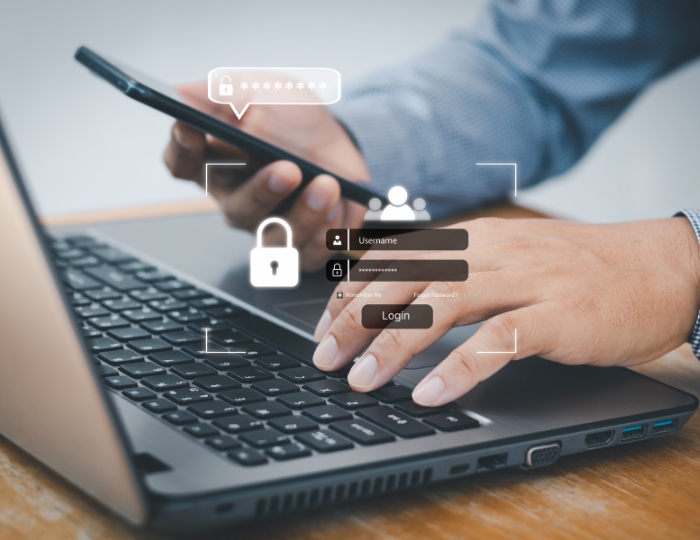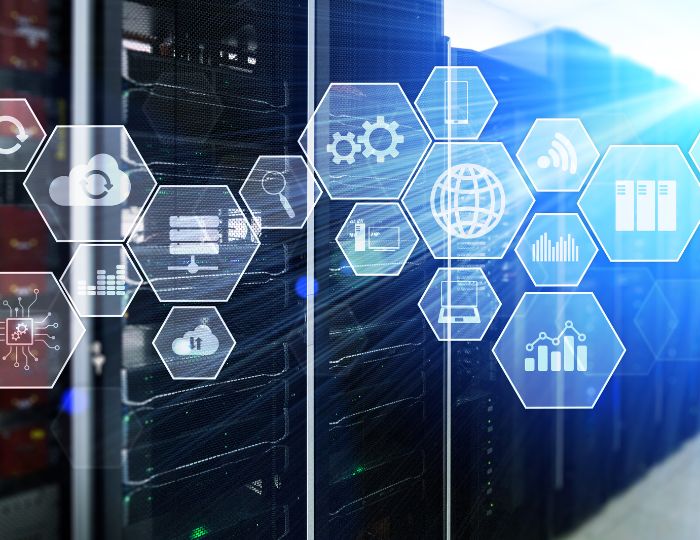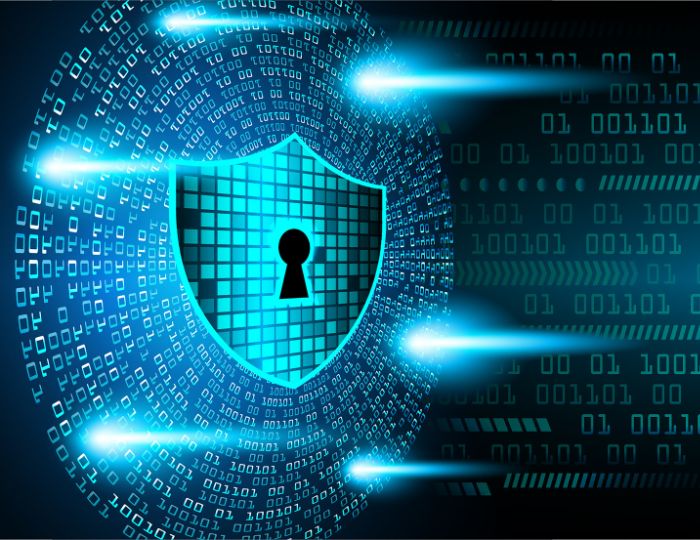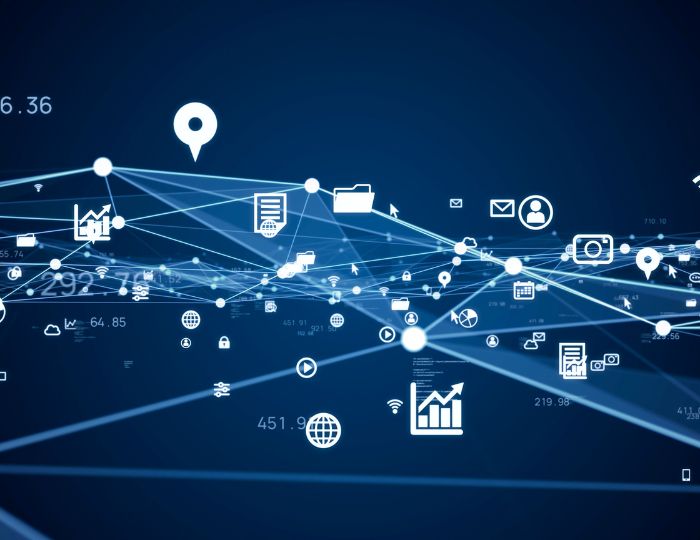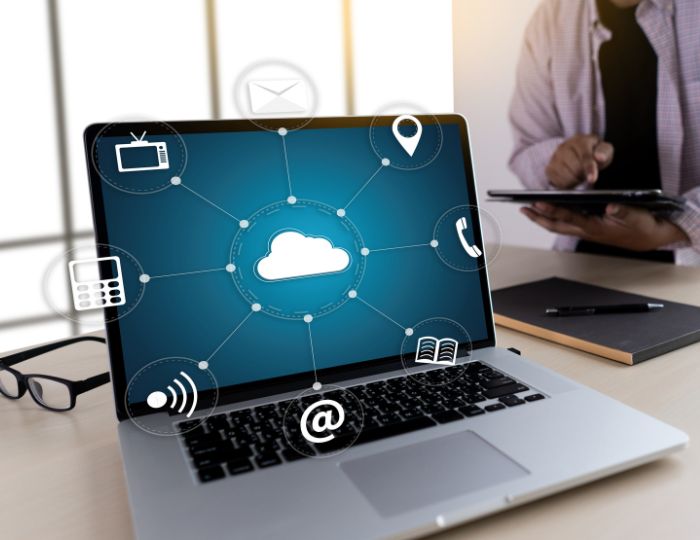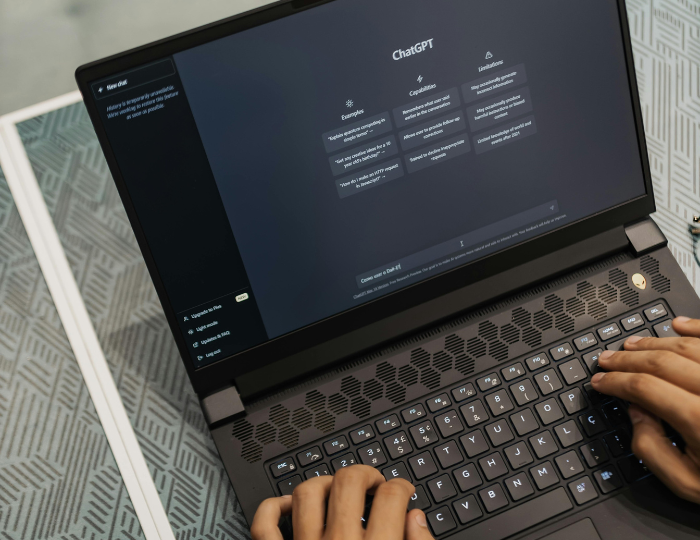Remote work has become an essential part of business operations, but it also introduces significant security risks. Ensuring the safety of remote workers and protecting sensitive company data requires a proactive approach to cybersecurity. With the right tools and policies in place, businesses can mitigate these risks and maintain secure, productive work environments for their teams. Here’s what businesses should be doing to protect their remote workforce.
1. Implement a Secure Virtual Private Network (VPN)
Using a VPN is one of the most basic yet essential measures for securing remote workers’ internet connections. A VPN encrypts data transmitted over the internet, ensuring that communications between remote workers and company systems are protected. It’s particularly important when employees are working from public Wi-Fi networks, which can be vulnerable to attacks. At Vector Tech Group, we help organizations secure remote access with robust VPN solutions, ensuring data protection and privacy for every connection.
2. Protect Endpoints with Endpoint Detection & Response (EDR)
Remote workers often access business systems from a variety of devices, including laptops, smartphones, and tablets. This creates multiple entry points for potential cyberattacks, particularly if those devices are not properly secured. Endpoint Detection & Response (EDR) solutions are designed to monitor, detect, and respond to security threats on these devices in real-time. By actively scanning for signs of malware, suspicious activity, and unauthorized access, EDR solutions help prevent attacks before they can compromise your network. EDR tools also enable rapid incident response, allowing your IT team to isolate affected devices, mitigate the damage, and recover quickly. At Vector Tech Group, we provide comprehensive EDR solutions as part of our managed cybersecurity services, ensuring that all remote endpoints are continuously monitored, vulnerabilities are patched, and potential threats are detected and addressed swiftly, keeping your business secure around the clock.
3. Secure Wi-Fi Networks
An unsecured Wi-Fi network at home or on the go can provide an easy entry point for cybercriminals. Make sure your remote workers use strong, password-protected Wi-Fi networks, and recommend using WPA3 encryption for better security. Additionally, it’s important to avoid the use of public Wi-Fi for accessing sensitive company data. This is one of the simplest yet most often overlooked steps in securing remote work environments. Ensuring that employees are using secure networks can drastically reduce the chances of unauthorized access and data breaches. Our team at Vector Tech Group provides network security assessments and guidance on securing Wi-Fi networks, helping businesses create secure remote work environments for their employees.
4. Use Multi-Factor Authentication (MFA)
Multi-Factor Authentication (MFA) adds an extra layer of protection to the login process. Even if a password is compromised, MFA makes it more difficult for attackers to gain unauthorized access to accounts. Enabling MFA for email accounts, financial systems, and internal business applications is essential, especially for remote workers who are accessing these systems from various locations. We integrate MFA solutions as part of our managed cybersecurity services, reducing the risk of unauthorized access to your organization’s critical systems.
5. Regular Software Updates and Patching
Outdated software can leave your business systems vulnerable to exploitation. Cybercriminals often take advantage of security flaws in older software versions. Making sure all remote devices and applications are up to date with the latest patches is critical. We handle software updates and patch management as part of our ongoing IT support services, so your systems remain secure and compliant with industry standards.
6. Backup and Disaster Recovery Plans
Having a reliable backup and disaster recovery plan in place is crucial, particularly for remote workers who may be at greater risk of data loss from cyberattacks like ransomware. Regular backups ensure that critical business data is protected and can be restored in the event of an incident, whether it’s a cyberattack, hardware failure, or human error. Without a solid backup strategy, businesses face the risk of losing valuable information that could impact operations and revenue. With Vector Tech Group’s disaster recovery services, your data is continuously backed up and stored securely in multiple locations, reducing the risk of data loss and minimizing downtime should a cybersecurity breach occur. This way, your remote teams can quickly get back to work without disruption.
7. Perform Vulnerability Testing
It’s important to regularly test your systems for vulnerabilities, especially when your employees are working remotely. Vulnerability testing involves scanning your network and systems for potential weaknesses that hackers could exploit. We offer vulnerability testing as part of our managed cybersecurity services, so any vulnerabilities are identified and addressed before they can be exploited by attackers.
How Vector Tech Group Can Help
At Vector Tech Group, we provide a range of managed IT services and cybersecurity solutions designed to protect remote workers and business systems from cyber threats. With over 35 years of experience in cybersecurity, we offer services like SIEM solutions, managed email & Microsoft 365 security, multi-factor authentication, endpoint detection & response, and more. Whether you’re based in Flint, Freeland, Holland, or the surrounding areas, we work with businesses of all sizes to make sure your remote work environments are secure, efficient, and resilient.
Contact us today to learn more about how we can help secure your remote workforce and IT infrastructure. With our managed cybersecurity bundles, you can focus on running your business, knowing your digital assets are in safe hands.


